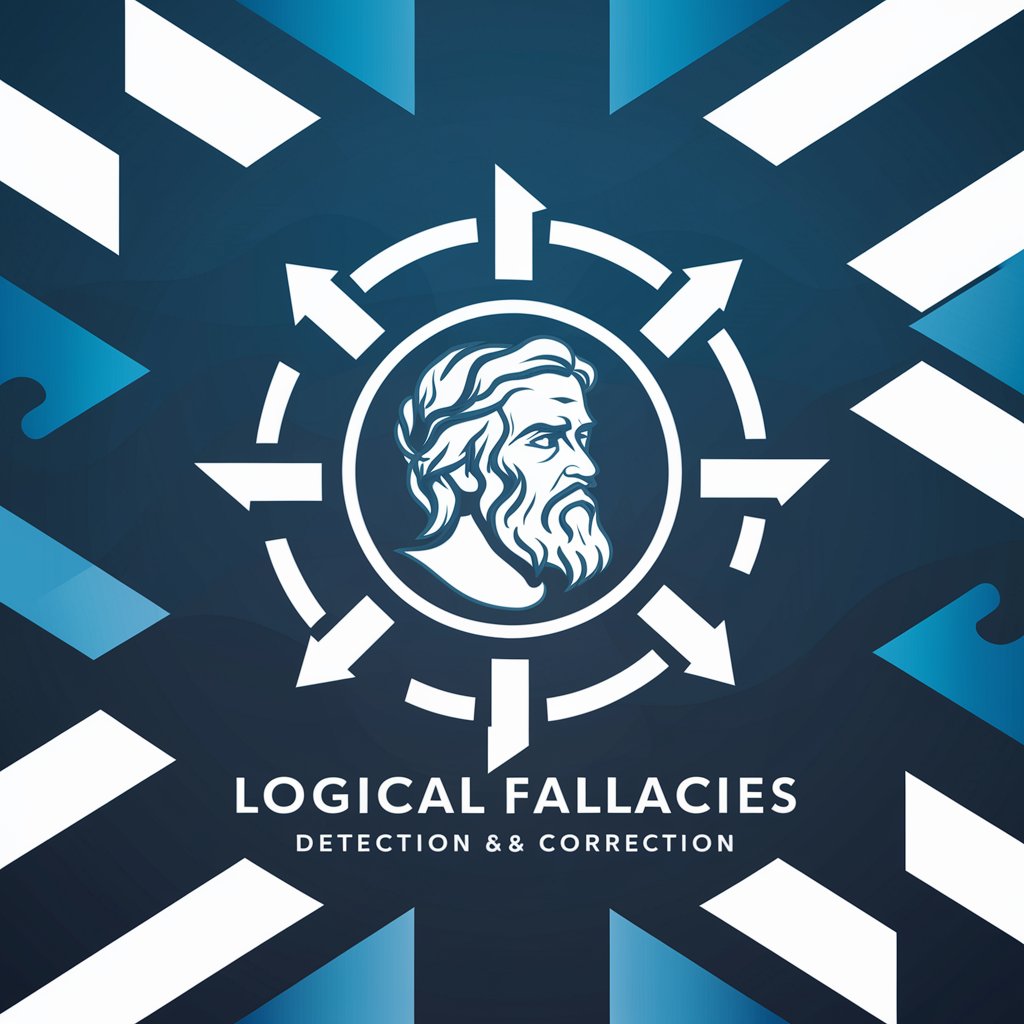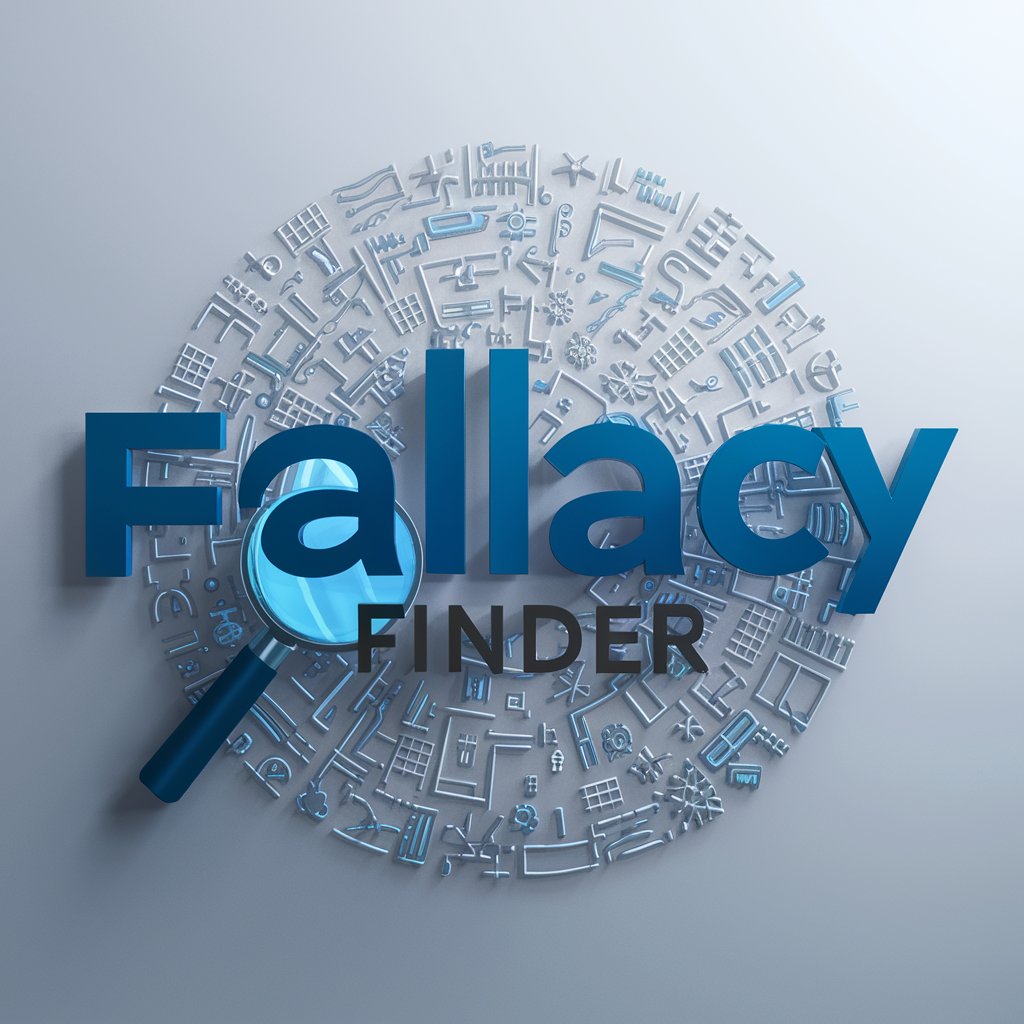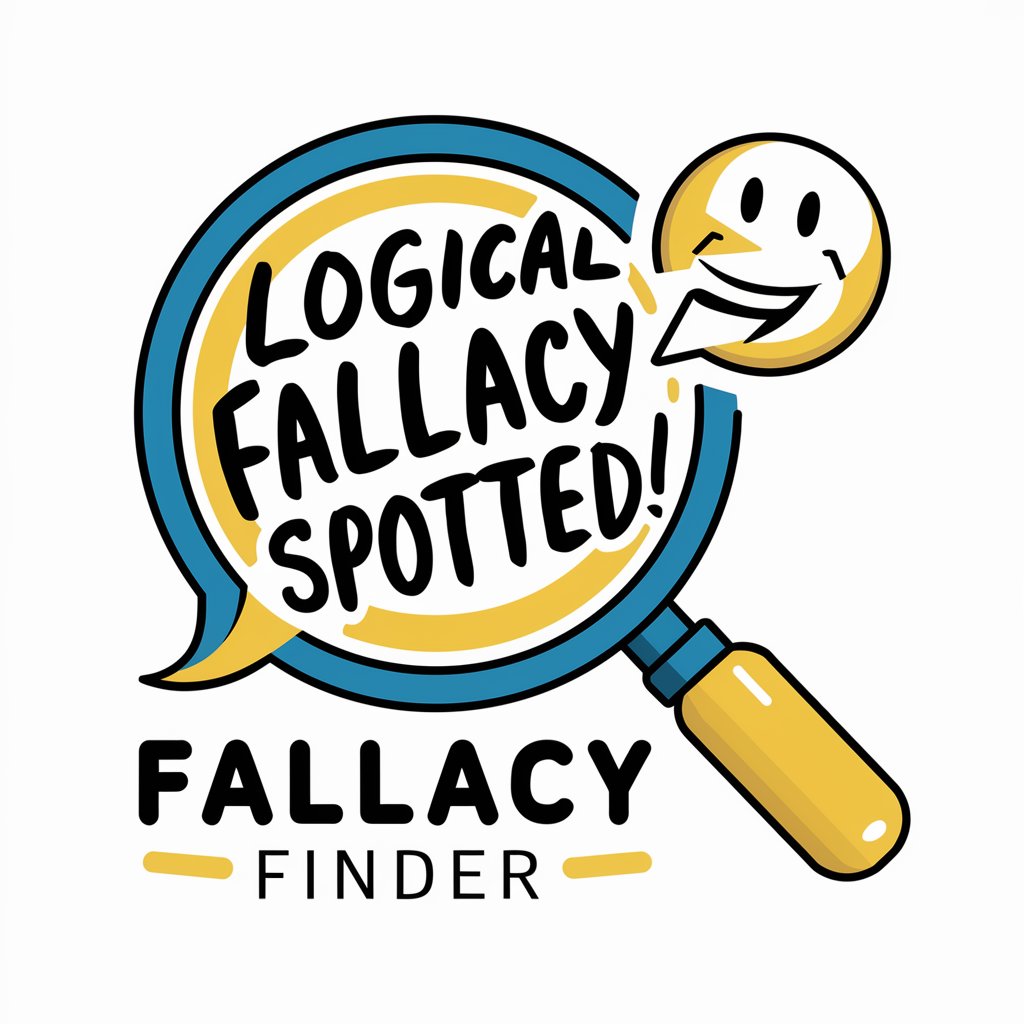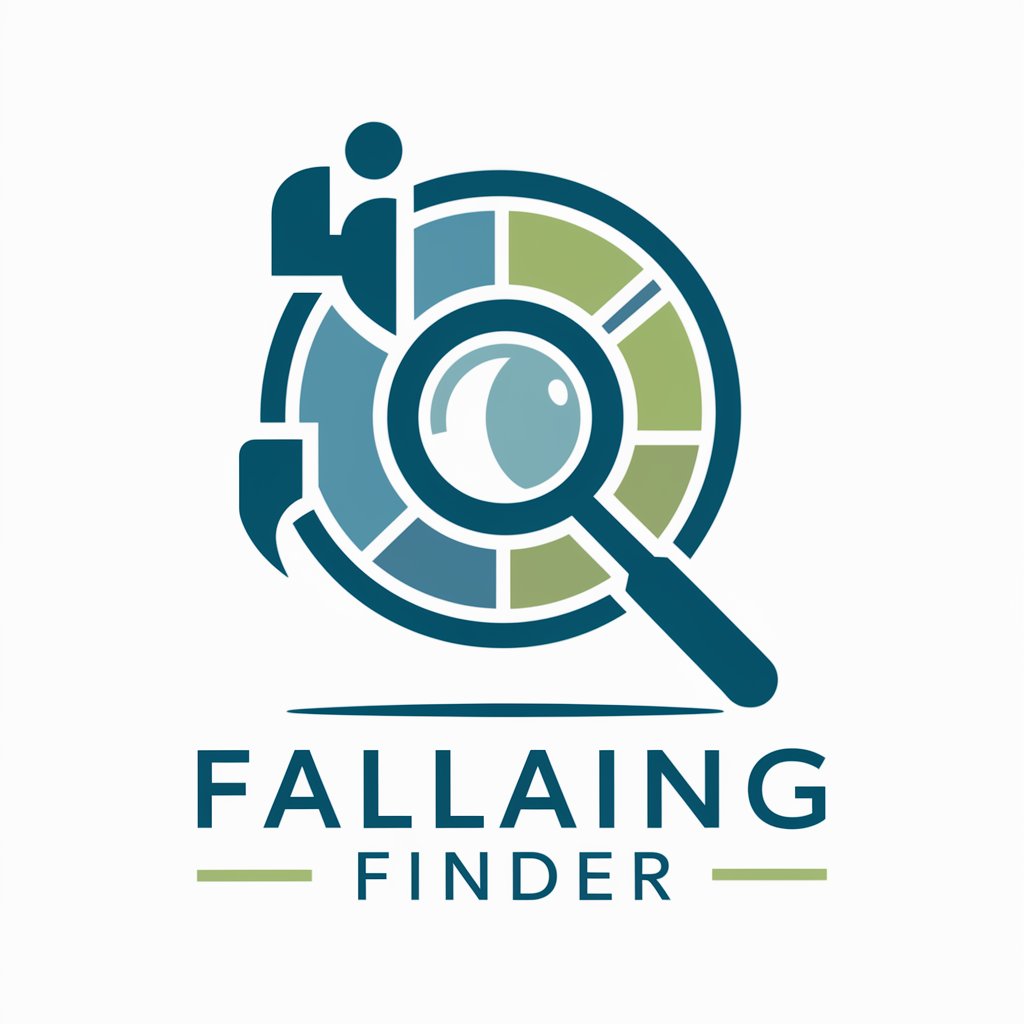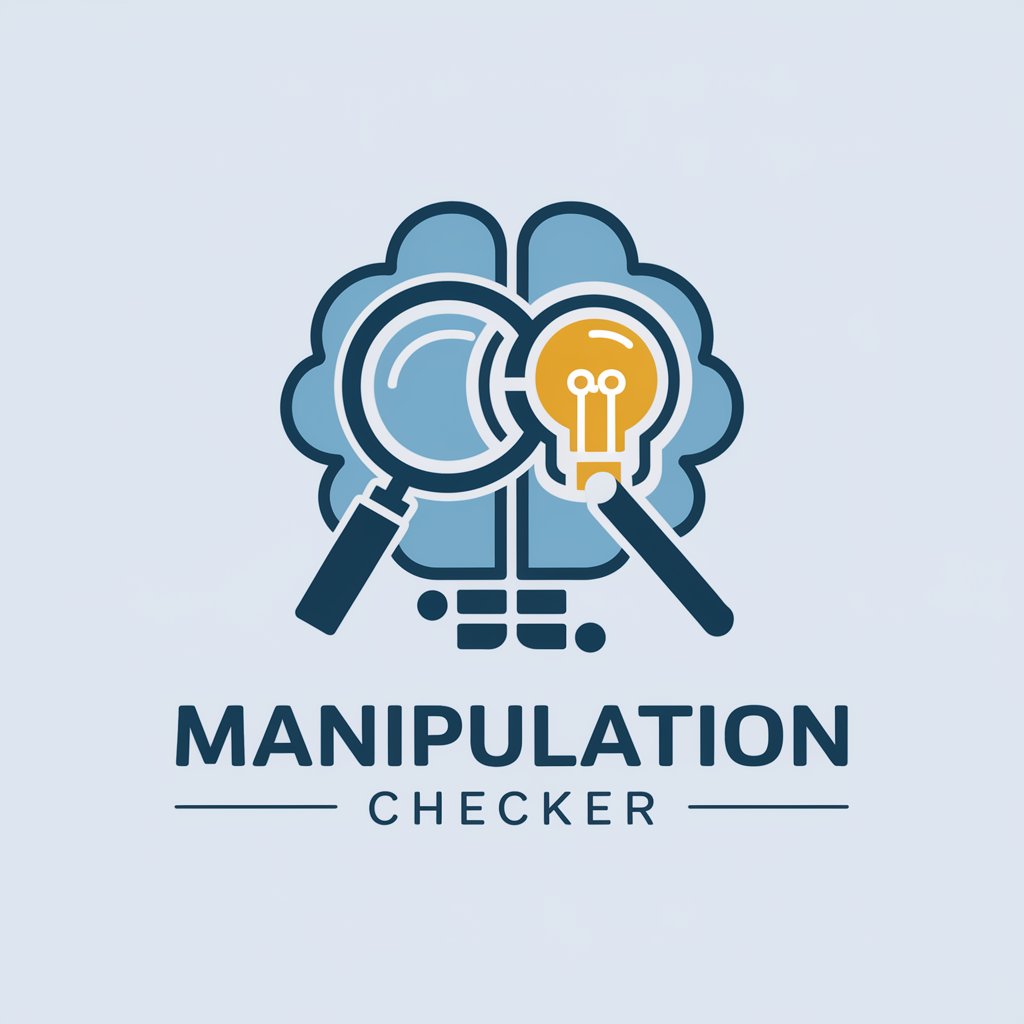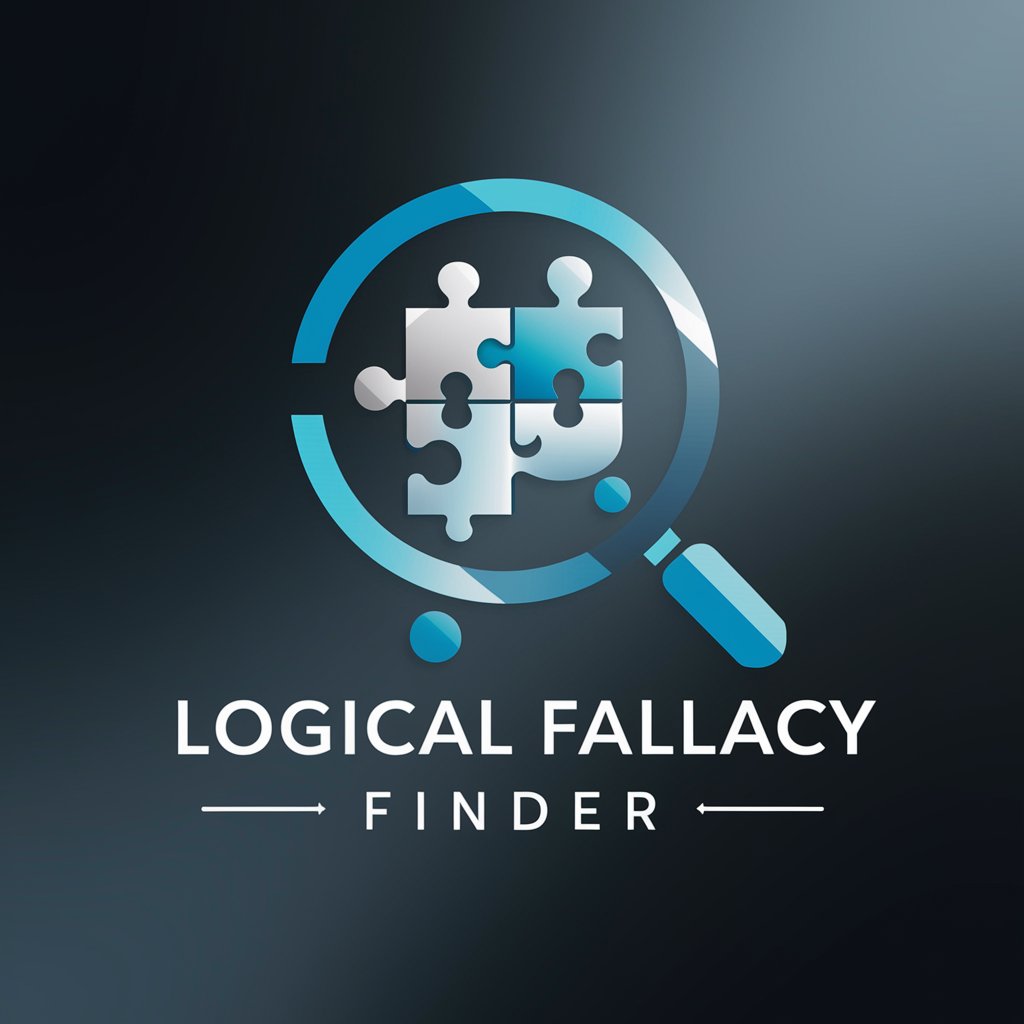
Fallacy Finder - Logical Fallacy Analysis
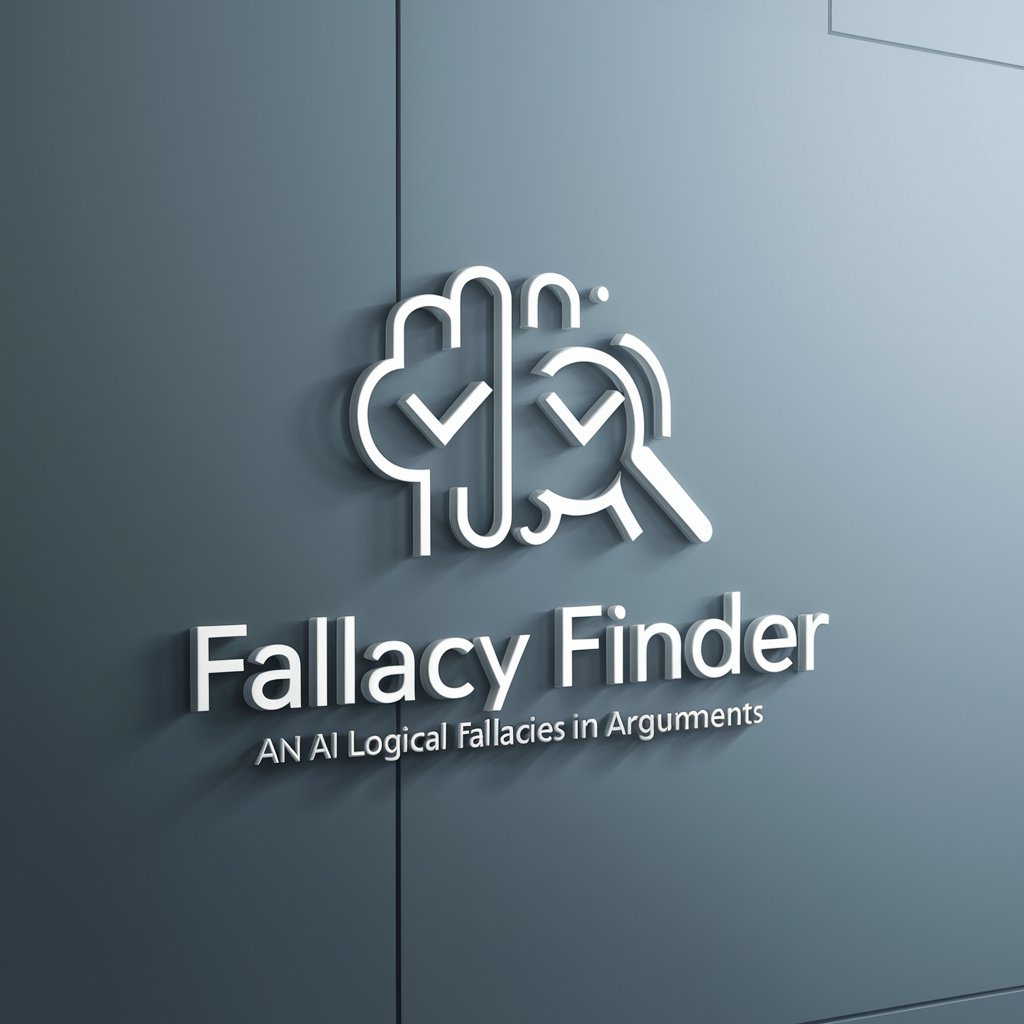
Welcome to Fallacy Finder!
Sharpen Arguments with AI-Powered Analysis
Can you identify the logical fallacy in this argument?
What is the main logical error in this statement?
Analyze this claim for any logical inconsistencies.
What fallacy, if any, is present in this reasoning?
Get Embed Code
Overview of Fallacy Finder
Fallacy Finder is a specialized tool designed to identify and analyze logical fallacies in various forms of arguments. Its primary purpose is to enhance critical thinking and argumentative skills by providing insights into the common pitfalls in reasoning. Fallacy Finder is adept at dissecting written arguments, speeches, debates, and even visual arguments like graphs and memes, pinpointing instances of flawed logic. For example, it can analyze a political speech, identifying instances of ad hominem attacks or straw man arguments, thereby helping users understand where the argument deviates from logical reasoning. Powered by ChatGPT-4o。

Core Functions of Fallacy Finder
Analysis of Written and Spoken Arguments
Example
Evaluating an op-ed piece for instances of 'hasty generalization' or 'false dichotomy'
Scenario
A user submits a political commentary for review. Fallacy Finder identifies and explains occurrences of 'hasty generalizations' where the author makes broad claims based on insufficient evidence.
Visual Argument Interpretation
Example
Assessing infographics or graphs for misleading representations
Scenario
A user presents a graph from a news article claiming a direct correlation between two variables. Fallacy Finder points out the 'post hoc ergo propter hoc' fallacy, explaining that correlation does not imply causation.
Educational Tool for Logical Reasoning
Example
Providing examples and explanations of various fallacies
Scenario
A student learning about logical fallacies uses Fallacy Finder to access definitions and examples, enhancing their understanding of concepts like 'slippery slope' or 'begging the question'.
Target User Groups for Fallacy Finder
Students and Educators
Students learning critical thinking and argumentative skills, along with educators teaching logic, rhetoric, or debate, would find Fallacy Finder invaluable for educational purposes. It serves as a resource for learning about and identifying logical fallacies in practice.
Writers and Journalists
Professionals involved in writing opinion pieces, articles, or any form of argumentative content can use Fallacy Finder to refine their arguments, ensuring logical consistency and credibility in their work.
Public Speakers and Debaters
Individuals engaged in public speaking, debating, or advocacy would benefit from Fallacy Finder's ability to analyze speeches and arguments, helping them to construct logically sound presentations and counter fallacies in real-time debates.

Using Fallacy Finder: A Step-by-Step Guide
1
Visit yeschat.ai for a free trial without login, also no requirement for ChatGPT Plus.
2
Input your text or argument into Fallacy Finder's analysis field. This could be a piece of academic writing, a social media post, or any other form of argumentative text.
3
Select the type of analysis you require, such as identifying logical fallacies, assessing argument strength, or evaluating coherence.
4
Review the results provided by Fallacy Finder, which will include identifications of potential fallacies and suggestions for improving the argument.
5
Utilize the feedback to refine your argument or text. For a more in-depth understanding, you can also explore examples and explanations of identified fallacies.
Try other advanced and practical GPTs
The Lottery Pro AI: Number Predictor
Your AI-powered lottery number guide

Puzzle Solver
Solving Puzzles with AI Precision

Debate Maker
Elevate discourse with AI-powered debate
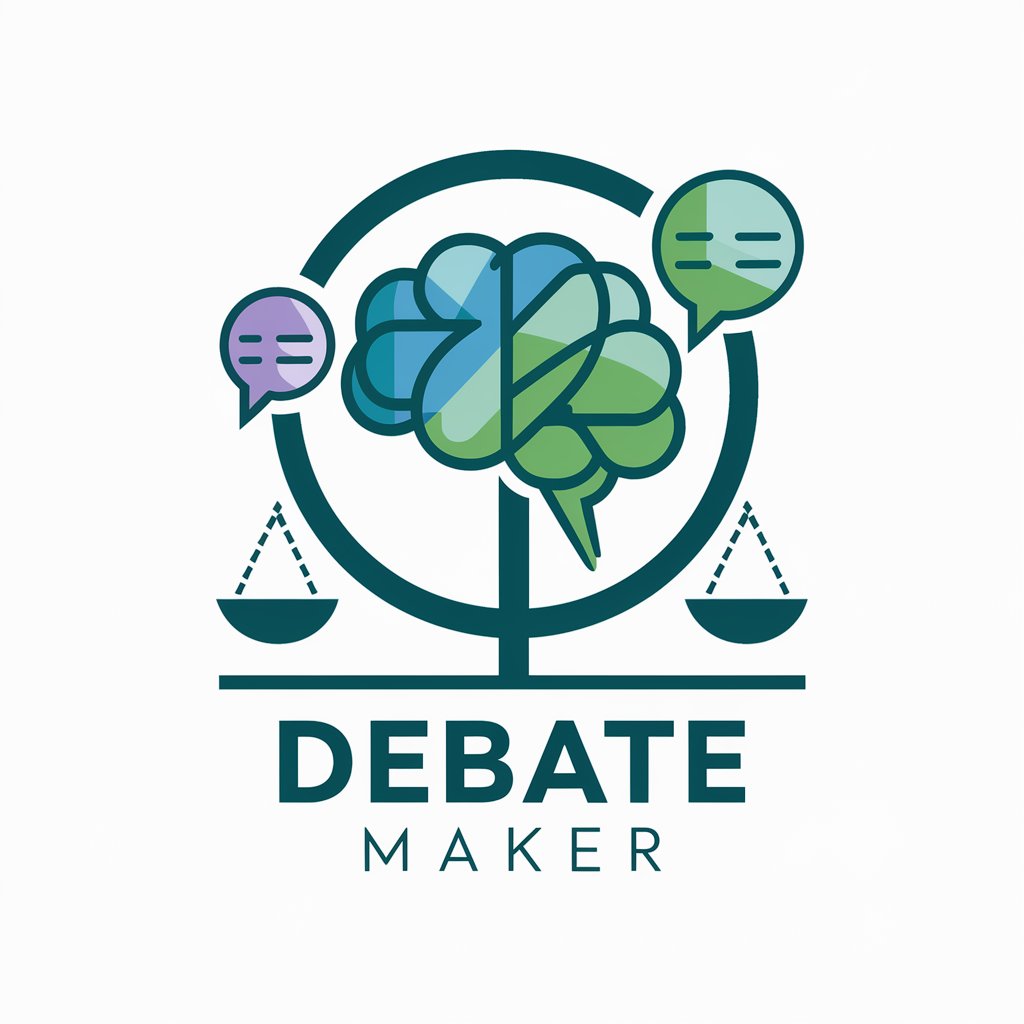
4 Frame Manga Creator
Craft Your Story with AI-Powered Manga

Unspoiled
Discover content, worry-free.

ThermomixGPT
Elevating Cooking with AI-Powered Guidance

ENTOPIAN
Explore the Future of Food with AI-Powered Entomophagy Expertise

Weather Buddy
Your AI-Powered Weather Companion

All In Fitness
Revolutionize Your Fitness Journey with AI

AI Yoga
Your Personal AI-Powered Yoga Instructor

Streamlit Assistant
Expert AI for Streamlit Insight and Support
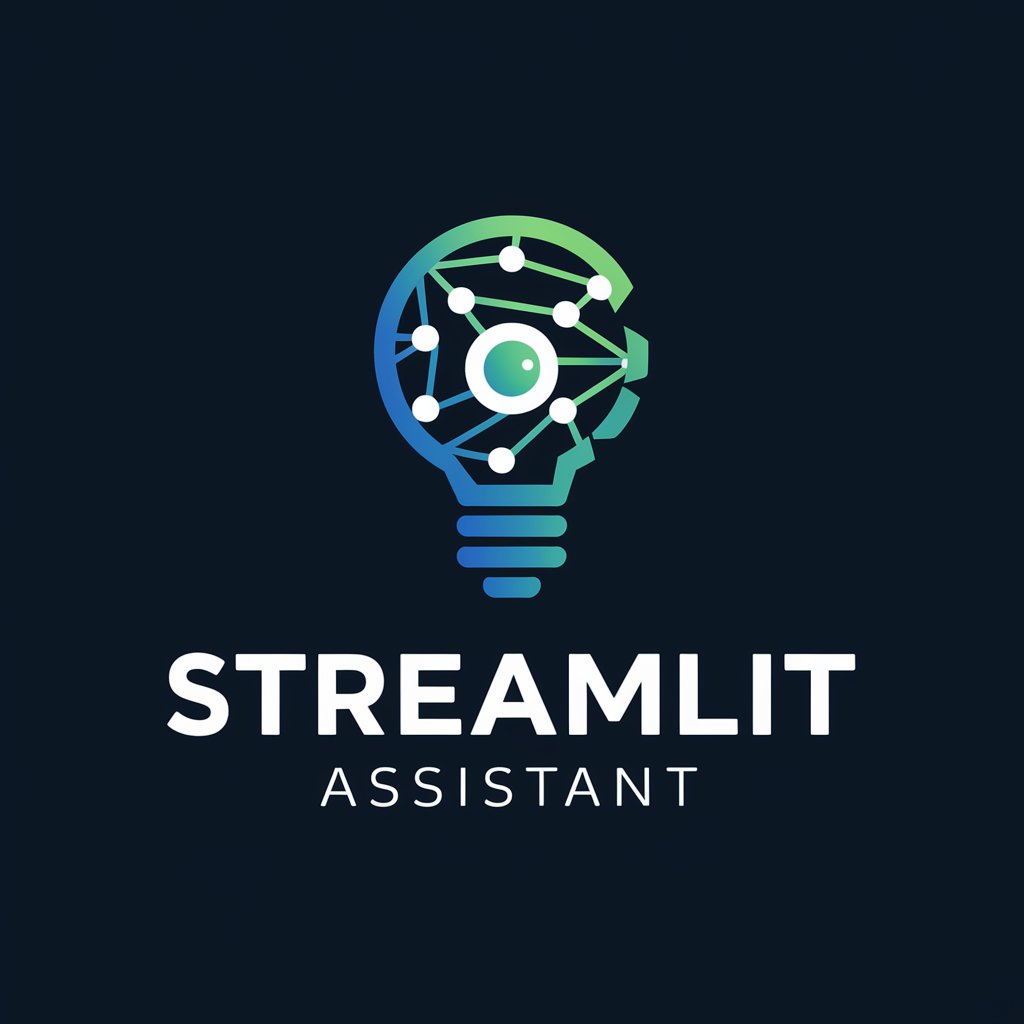
Instructors in Global Economics and Finance
Empowering Financial Minds with AI

Questions and Answers about Fallacy Finder
Can Fallacy Finder evaluate arguments in different languages?
Currently, Fallacy Finder primarily supports analysis in English. However, plans for multi-language support are in development.
Is Fallacy Finder suitable for analyzing political speeches?
Absolutely. Fallacy Finder can be an invaluable tool for dissecting and understanding the logical structure of political speeches.
How does Fallacy Finder handle complex philosophical arguments?
Fallacy Finder is designed to identify logical fallacies and assess the coherence of arguments, making it suitable for analyzing philosophical texts, albeit with some limitations in understanding deep contextual nuances.
Can I use Fallacy Finder for educational purposes?
Yes, educators and students alike can use Fallacy Finder as a learning tool to understand and practice constructing logically sound arguments.
Does Fallacy Finder offer suggestions to improve arguments?
Yes, it provides constructive feedback on how to strengthen your arguments by avoiding logical fallacies and enhancing coherence.
